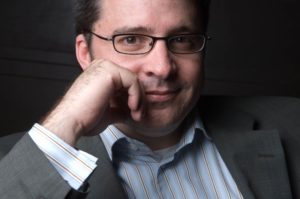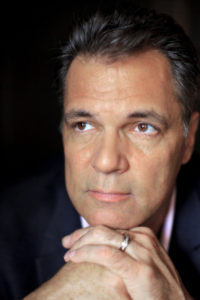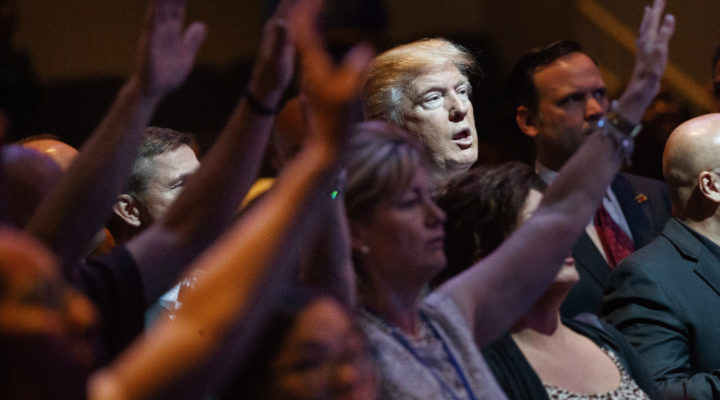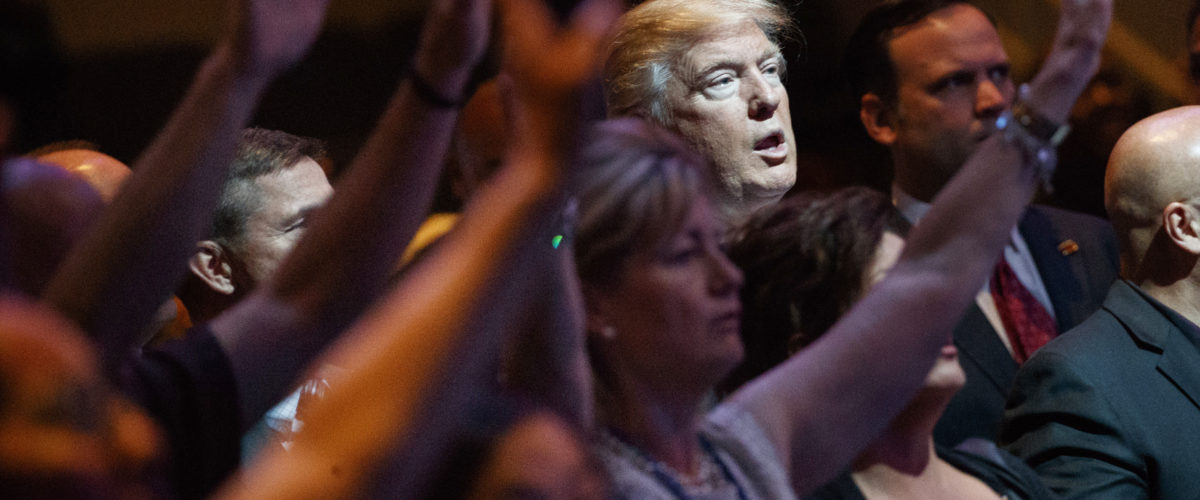Continuing evangelical support for a scandal-ridden president is undermining the conservative white church and could even spell the death of Christianity in the United States, according to some experts on American culture, politics and faith.
But how will anyone be able to tell if that’s true given that religion has been in a well-documented national decline for decades already?
Statistically, it will be difficult at best, said Robert P. Jones, CEO of PRRI and author of The End of White Christian America.
“These trends have been in place well before [Donald] Trump,” Jones told Baptist News Global. “That’s going to be the tricky part in terms of measuring a Trump effect.”
That effect may also be hard to detect because it’s unlikely to be dramatic or sudden, said Stephen Mansfield, author of Choosing Donald Trump: God, Anger, Hope, and Why Christian Conservatives Supported Him.
“I don’t think it’s going to be an upheaval that causes church closures and destruction,” he said. It’s more likely to be a continuing departure of young evangelicals and African Americans from conservative churches and movements.
“We are seeing a gradual drift,” Mansfield said.
But the longstanding descent of faith in America has been much more than a drift.
White Christians represent less than half of the U.S. public. PRRI reported in September that 43 percent of Americans identify as white Christians, and only 30 percent of them are Protestants. By comparison, 81 percent of white Americans identified as Christians in 1976, and 55 percent were Protestants.
White evangelical Protestants are right in the middle of the decline with mainline and Catholic Christians, PRRI reported.
Meanwhile, white evangelicals are aging. The study found that 62 percent of them are 50 or older, which is the same for white Catholics. Just under 60 percent of while mainliners are 50 or older.
Age — and particularly youth — is a major factor for experts tracking the potential impact of Trump support on the future of evangelicalism.
The Pew Research Center has published a series of surveys over the years tracking the rise of Americans claiming no particular faith.
“The growth in the number of religiously unaffiliated Americans — sometimes called the rise of the “nones” — is largely driven by generational replacement, the gradual supplanting of older generations by newer ones,” Pew said in a 2012 study. It reported that a third of young adults are in that category.
Loss of moral authority
Combining those statistics with the religious right’s endorsement of a bombastic, divisive president, for some, is a formula for disaster.
“I think we are already seeing the impact,” said Miguel De La Torre, professor of social ethics and Latinx studies at the Iliff School of Theology in Denver and author of an upcoming book titled Killing Christianity.

Miguel De La Torre
The trend of “nones” outpacing evangelicals among Millennials and even younger Americans will only be accelerated by conservative Christian support of the president, said De La Torre, a BNG opinion contributor.
Persistent reports that Trump had sex with porn actress Stormy Daniels is “the last nail” for young people and the white conservative church.
“Evangelicals have lost all moral authority,” De La Torre said.
And it will also lead to a generational condemnation of American Christianity, which is complicit in oppression dating back to the founding of the nation
“This current generation wants nothing to do with the hypocrisy of Christianity. We are rapidly approaching a post-U.S. Christian age.”
‘A complete flip-flop’
One rapid change Jones said he has noticed is the softening of evangelical attitudes on morality.
In 2011, PRRI asked evangelicals if they believed a politician who commits immoral acts in their private lives can still govern ethically. Only 30 percent agreed, Jones said.
When asked again in 2016, that figure jumped to 72 percent. Jones said he couldn’t believe such a massive swing could occur in only five years.
“I sent it back to our research team. I said this can’t be right. Run it again.”
Jones said he came to realize that a “massive sea change” had occurred among conservative Christians. They had abandoned their traditional self-understanding as “values voters” to become “nostalgia voters” attracted by Trump’s promise to restore their churches and faith to power.

Robert Jones
The president has kept his word by supporting climate-denying and so-called religious freedom policies, and by directing the U.S. embassy in Israel be moved to Jerusalem. He regularly grants high-profile evangelicals leaders regular access to the White House.
One of the more prominent of those supporters is Robert Jeffress, a Southern Baptist megachurch pastor from Dallas who makes frequent appearances on Fox News to defend the president.
Jeffress described Trump vulgarities to Haiti, Latin American and African nations as “on target.” He told a television audience that it is “totally irrelevant” if Trump cheated on his current wife to have sex with Stormy Daniels.
Jeffress is a prime example of how evangelicals have evolved from “values” to “nostalgia” voters.
“It’s just a complete flip-flop,” Jones said.
The relationship between Trump and his white conservative Christian defenders illuminates why the evangelical movement is weakening, he added.
“Were the white evangelical world more sure of itself, I think they would never had made a deal with Trump,” Jones said. “If that world were vibrant, they would be able to tell the Republican party: ‘If you want our support you have to put someone on the ticket that reflects our values.’”
A compromised church
Measurable or not, that relationship is already showing signs of division between among evangelicals.
“Evangelicals of color and Millennials, without question, are feeling disenfranchised from their evangelical homes,” Mansfield said.
He cited a recent New York Times article reporting a “quiet exodus” of blacks from majority white churches due in large part to the damage to race relations Trump’s presidency is causing.

Stephen Mansfield
Mansfield said he knows families that canceled Thanksgiving and Christmas get-togethers due to disagreements about the president and his white conservative Christian champions.
And young people take it especially hard when conservative leaders like Jeffress, Franklin Graham and others turn a blind eye to Trump’s behaviors while at the same time preaching sexual purity in their churches.
“That’s where Millennials are feeling the tension,” Mansfield said. They hear evangelicals say “boys will be boys” about the president “then complain about a sexual revolution and the need to come back to God’s standards.”
That double standard is hard to swallow for young people seeking religious authenticity.
“The ‘nones’ are spiritually hungry. They have not abandoned faith,” Mansfield said. “What they are abandoning is church because they see it as compromised.”


